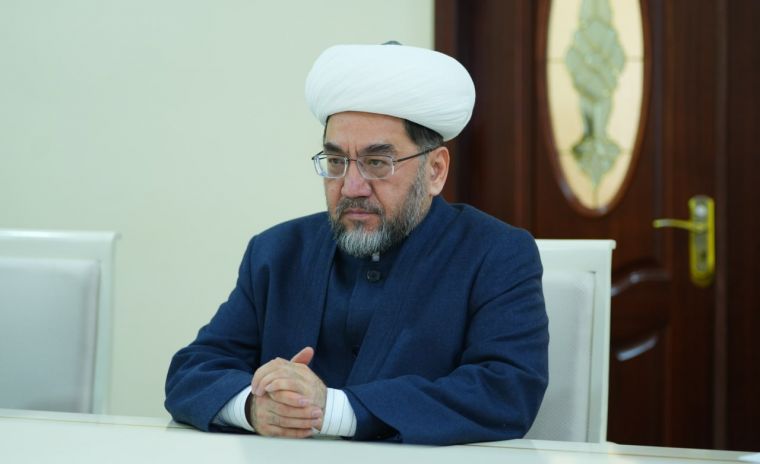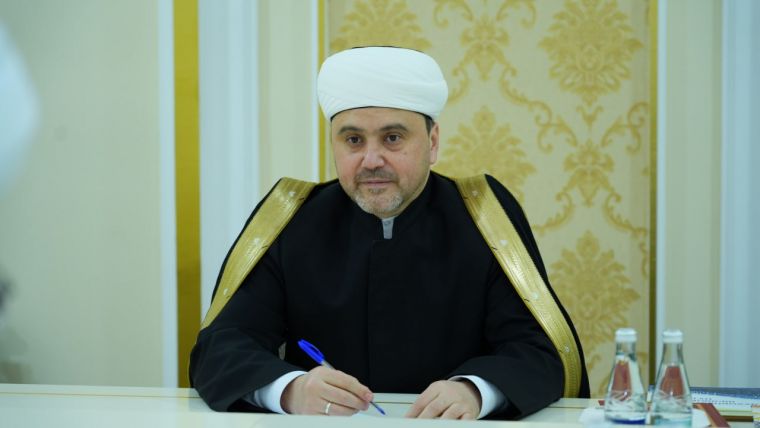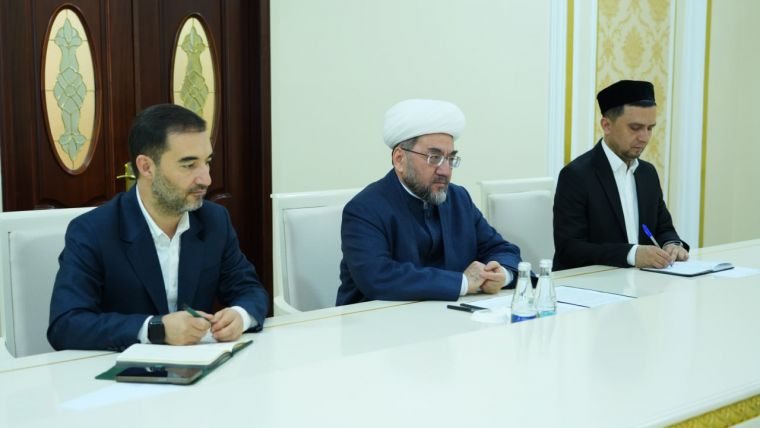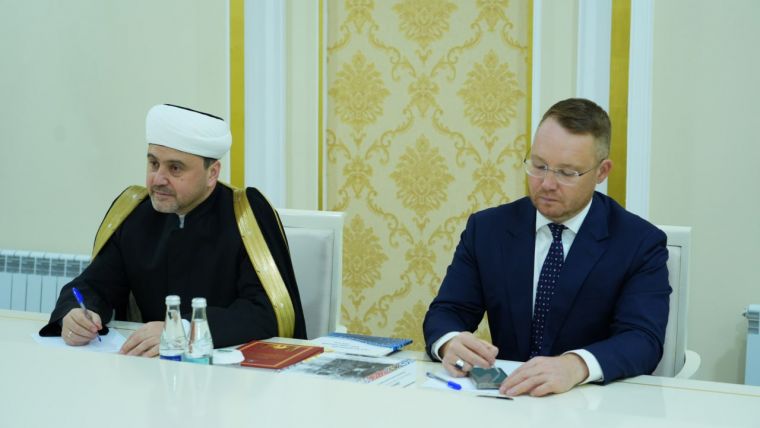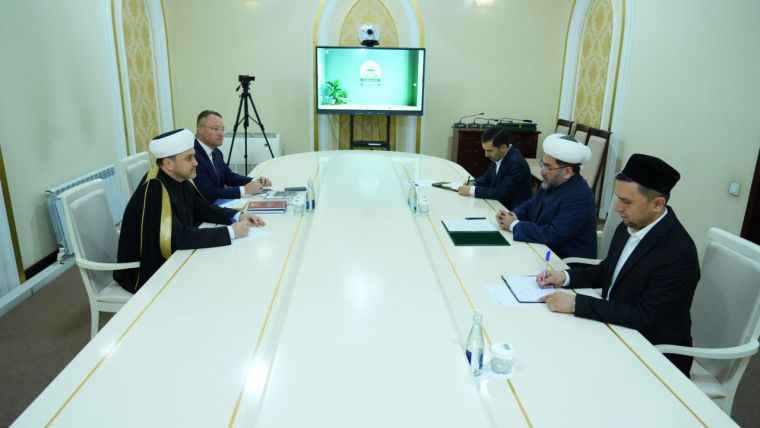Tashkent city


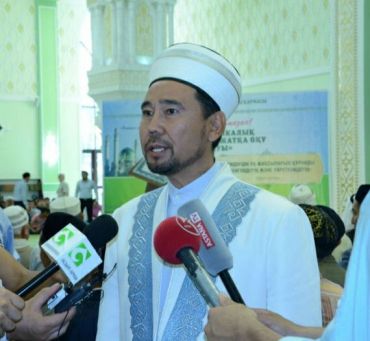
VIII Kurultay (meeting) of Religious Muslim Board of Kazakstan was held in Almati and according to it the new muftiy of Kazakstan has become Oraz Khadji Serikbay, Chief imam of “Khazret Sultan” grand mosque.
On December 8th new muftiy Serikbay Khodji Oraz was presented for the participants of the meeting. About 300 delegates univocally approved the candidature of Serikbay Khodji Oraz. During the meeting new deputies of the muftiy were elected. The former muftiy was 45-years old Erjan Khodji Malgajioli.
Serikbay Oraz Satibaldi oli was born on April 12, 1975. In 1992 he graduated madrasah on preparation of Koran reciters in Tashkent, University of Al Azkhar in Egypt and World University of Islamabad. Studied (part time) at State Law University named after Abay in Almati.
He worked as an assistant imam in a Almati mosque, teacher at Islamic Institute and the rector of Islamic University. In 2013 he was appointed as Deputy Muftiy and Chief Imam of “Khazret Sultan” grand mosque. Married and has 7 kids.
Press Service,
Muslim Board of Uzbekistan
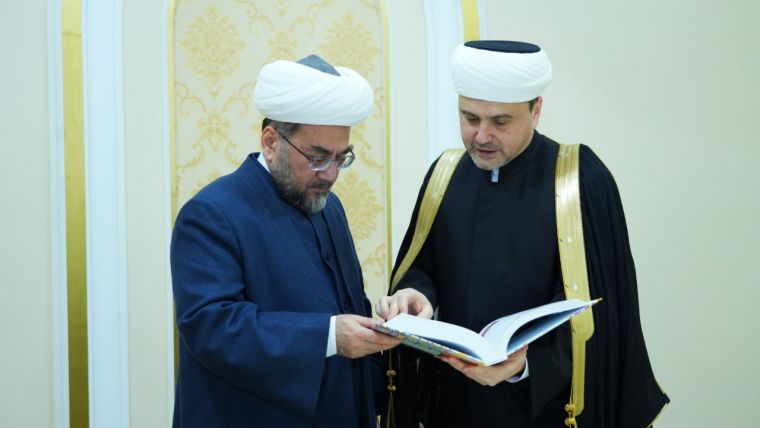
The Chairman of the Muslims Board of Uzbekistan, Mufti Sheikh Nuriddin Khaliqnazar, received Rushan Abbyasov, the Deputy Chairman of the Religious Board of Muslims of the Russian Federation.
During the meeting, the sides discussed key issues of mutual interest, including the organization of international conferences and the implementation of joint projects in religious, enlightenment, scientific, and educational spheres.
Press Service of the Muslims Board of Uzbekistan
